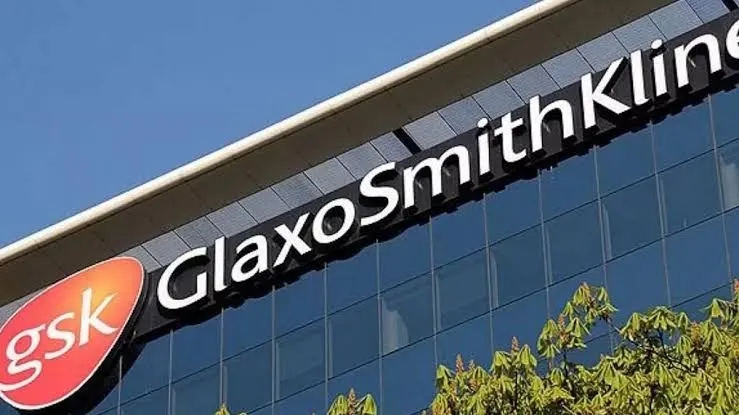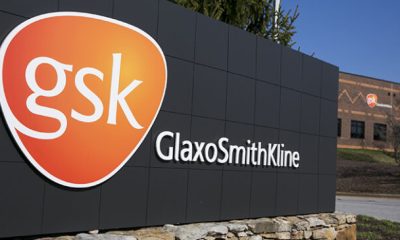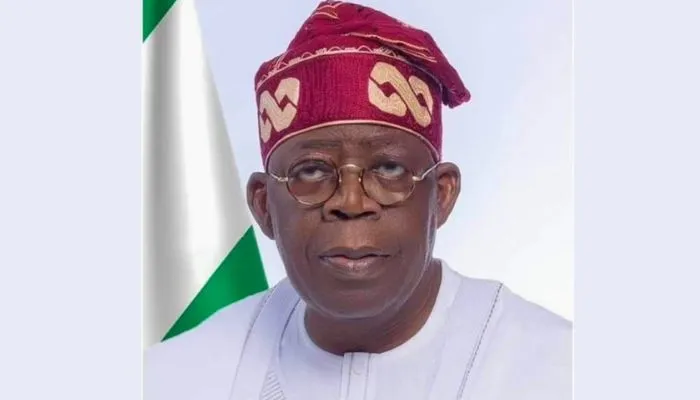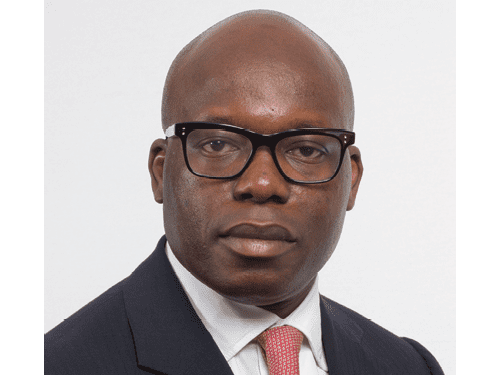GlaxoSmithKline (GSK), last Thursday announced plans to discontinue operations in Nigeria, ending its 51-year existence in the country after the company’s first office was opened in Lagos on July 1, 1972.
The British multinational pharmaceutical and biotechnology company is best known for household brands like Panadol and Sensodyne.
In a corporate filing, the pharmaceutical giant said it would now adopt a distributor-led model to supply the country with its products.
GSK Nigeria said it was working with its advisers to determine the next steps and intends to submit a scheme of arrangement to the Securities and Exchange Commission (SEC) for the possible return of capital to its local shareholders.
“In our published Q2 results we disclosed that the GSK UK Group has informed GlaxoSmithKline Consumer Nigeria PLC of its strategic intent to cease commercialisation of its prescription medicines and vaccines in Nigeria through the GSK local operating companies and transition to a third-party direct distribution model for its pharmaceutical products,” the firm said.
“The Haleon Group has also separately informed the board of its intent to terminate its distribution agreement in the coming months and to appoint a third-party distributor in Nigeria for the supply of its consumer healthcare products.
“For the above reasons, and having, together with GSK UK, evaluated various other options, the board of GlaxoSmithKline Consumer Nigeria Plc has concluded that there is no alternative but to cease operations.”
The company further advised shareholders to seek professional advice and continue to exercise caution when dealing its shares until a further announcement is made.
While GSK did not speak on reasons for the move, speculations abound regarding the factors that led to this drastic action.
TheCable will attempt a response based on interviews and the facts we have about the company’s challenges.
FOREIGN EXCHANGE CRUNCH
GSK Nigeria’s sales in the first half (H1) of 2023 dropped to N7.75 billion from N14.8 billion in the same period a year ago.
In its 2023 H1 report, the company lamented that the business environment continued to be very challenging with foreign exchange (FX) availability affecting its ability to settle foreign currency-denominated trade payables with product suppliers.
“As a result, it remained difficult to maintain consistent supply to the market,” GSK Nigeria added.
An index analysis of the company’s financial results within the six-month period showed that the firm made more money (N5.25 billion) from the sale of its consumer healthcare brands than its pharmaceutical brands (N2.49 billion).
Between January and June 2022, the company generated a revenue of N10.59 billion from the sale of its pharmaceutical brands while it made N4.21 billion from its consumer healthcare brands.
Last year, at the 52nd annual general meeting (AGM) of GSK Nigeria, Edmund Onuzo, chairman of the board of directors, spoke of the impact of FX scarcity on their operations.
He said the company’s ability to secure essential foreign currency for importing products had been severely compromised.
“While we expect sustained economic growth in 2023, we cannot overlook some factors which must be duly considered in this quest for economic growth and development in Nigeria. The factors include foreign exchange availability for businesses, insecurity, unemployment, and high cost of doing business, coupled with the uncertainty around fuel subsidy removal,” Onuzo had said.
“The challenges ahead are quite significant, as some of you may have read reports from a few media houses regarding the supply constraints on GSK drugs in the market, we must mention that it continues to be very challenging with foreign exchange non-availability affecting our ability to settle foreign currency-denominated trade payables with product suppliers.”
Recently, drug manufacturers appealed to the government to address the issue of FX scarcity as it could lead to drug shortages in the county.
INCREASED COMPETITION FROM LOCAL FIRMS AND GLOBAL IMPORTS
In addition to FX, TheCable understands that GSK faced increased competition from local companies and imports from India and China.
According to Ade Popoola, the managing director of Reals Pharmaceuticals, GSK exited the country due to the increasing crowding out of its products by competition from mostly India.
“It’s like being in the middle of an expressway. When you have too much traffic, the rate at which you will progress will be difficult no matter how good your car is,” Popoola explained.
“The look-alike from India crowded them out. You find out that if you have been selling 250,000 units per year, when cheaper alternatives come in, it will first of all reduce to 200,000, and subsequently to 150,000, and 100,000.
“Later you will find yourself struggling to sell 50,000 because the hospital buying from you prefers alternatives because the other companies too may be quality. Once they crowd you out, you find it difficult to maintain your volume, and when you can’t maintain your volume, you cannot pay your cost.
“The Indian will sell at 20 percent of your price. It has happened to me, so I know what I am saying.”
GSK’S STRATEGIC SHIFT IN AFRICA
In 2018, GSK made headlines when Emma Walmsley, its chief executive officer (CEO), unveiled plans to scale back operations in Africa as part of the company’s strategic realignment.
Walmsley said the company would no longer market medicines to healthcare professionals in 29 sub-Saharan African markets and instead adopt a distributor-led model.
She said GSK would continue to run local operations in Kenya and Nigeria while retaining representative offices in Cote d’Ivoire and Ghana.
However, in 2022, GSK announced that it would adopt a third-party distribution model for its drugs and vaccines in Kenya from next year (2023).
While the cessation of operations in Nigeria may come as a shock to many, it aligns with the firm’s overall goals for the African region.
SHAREHOLDERS REACT TO GSK NIGERIA’S EXIT
Speaking on the development, Bisi Bakare, the national coordinator of Pragmatic Shareholders Association, said the scarcity of forex has made things difficult for GSK in the country, thus prompting the move to stop operations.
She also expressed her unhappiness at the impact the exit would have on unemployment in the country.
“We are not happy about it. We feel very bad. But when you look at the challenges the company is also going through, we know we can’t force them to stay. Shortage of forex is really affecting their business even though the problem is not peculiar to them,” Bakare said.
“Our children and elderly people working with them will also have to leave their jobs. Jobs are scarce now. Their decision to leave Nigeria will add to unemployment in the country.”
On his part, Godwin Anono, president of Standard Shareholders Association, said the lack of a conducive environment for doing business prompted GSK’s departure from Nigeria.
”A foreign company cannot be prevented from leaving if they have made up their mind. Nigeria will remain Nigeria. For shareholders, if the value of a share is N3, then with our interest, they pay us N5, we will collect it and move on,” Anono said.

 News3 years ago
News3 years ago
 Entertainment2 years ago
Entertainment2 years ago
 News3 years ago
News3 years ago
 Privacy3 years ago
Privacy3 years ago
 Sports2 years ago
Sports2 years ago
 Entertainment2 years ago
Entertainment2 years ago
 News3 years ago
News3 years ago
 Opinion3 years ago
Opinion3 years ago





